Related Articles
00 / 00
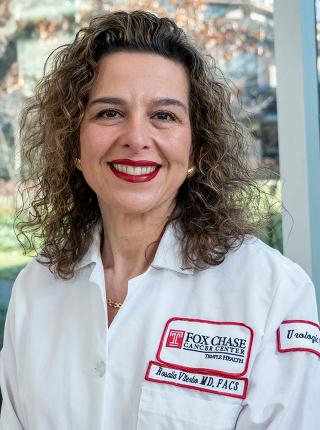
Request an Appointment
Professor, Department of Urology
Adrenal Tumor, Penile Cancer, Ureteral Cancer, Kidney Cancer, Testicular Cancer, Bladder Cancer, Prostate Cancer, Urethral Cancer
Robotic surgery and adrenal carcinoma
Coming from a large family, I believe in an approach to cancer care that involves the individual and the family. Personally, I treat my patients the way I would want my family treated—with honesty, compassion and skill.
Joining Fox Chase Cancer Center is the realization of a personal lifelong goal. The Center brings together the perspectives of innovative physicians and researchers to deliver revolutionary and cutting-edge treatment options to everyone. This tradition fits with my longtime dedication to provide patients with the best medical and surgical care.
I came to Fox Chase from City of Hope National Medical Center where I completed my fellowship in a leading robotic oncology program. Having had experience with more than 1,500 robotic prostatectomies, partial nephrectomy, cystectomy and neobladder, indiana pouch and ileal conduit diversions, I have treated patients with various urologic malignancies. I did this through the use of robotics and minimally invasive surgery, as well as open surgery, when appropriate. At Fox Chase, my goal is to continue offering excellent care and leading edge technology, ultimately to benefit the individual outcome and overall quality of life of my patients.
With today's advancing technology, it is critical for me, as a surgeon, to keep current with the expanding base of knowledge and make contributions that translate into reducing the burden of cancer. This starts with the individual and then applies to populations. This knowledge will be invaluable throughout my career as I care for my patients, make decisions, assume leadership responsibilities and respond to complex situations.
Follow on Twitter: @FCUroOnc
I’ve been blessed with good health my entire life and retired in 2016 from a career in manufacturing and sales management. During my retirement, I went in a different direction and wrote two novels.
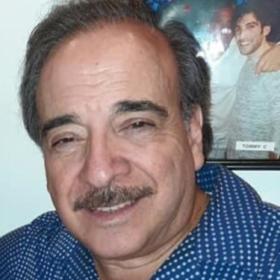
Believe it or not, my prostate cancer journey started with a tingly toe.
I turned 69 in October 2020, and soon after, my right big toe started tingling. I thought it could be an early sign of arthritis—I did martial arts when I was younger, which I figured could be the cause—so I went to see my doctor.
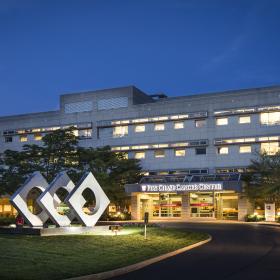
My journey with kidney cancer actually started when I fell in my driveway and injured my eye. I had to go to the hospital for treatment, and they gave me anesthesia before stitching up the eye. After they sent me home, I had trouble urinating.
Correa AF, Handorf E, Joshi SS, Geynisman DM, Kutikov A, Chen DY, Uzzo RG, Viterbo R, Greenberg RE, Smaldone MC. Differences in Survival Associated with Performance of Lymph Node Dissection in Patients with Invasive Penile Cancer: Results from the National Cancer Database. J Urol, 199(5):1238-44, 2018. PubMed
The following ratings and reviews are based on verified feedback collected from independently administered patient experience surveys. The ratings and comments submitted by patients reflect their own views and opinions. Patient identities are withheld to ensure confidentiality and privacy. Learn more about our Patient Experience Ratings.
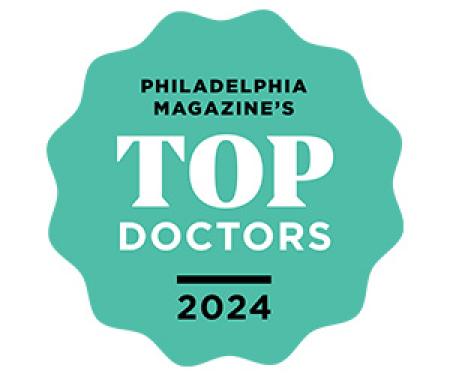
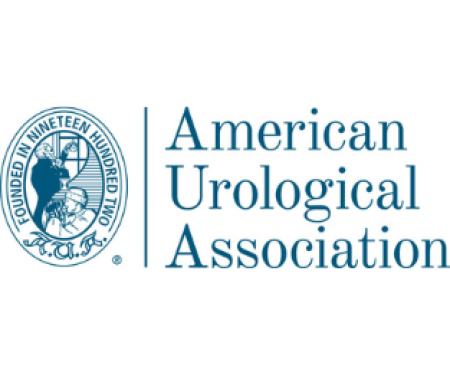
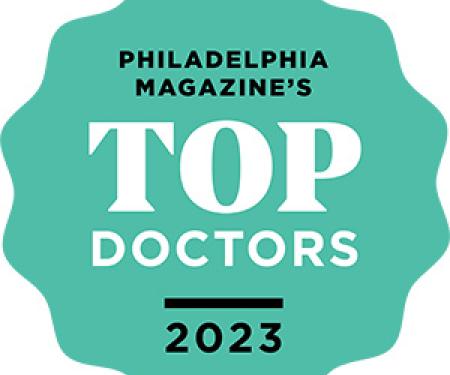
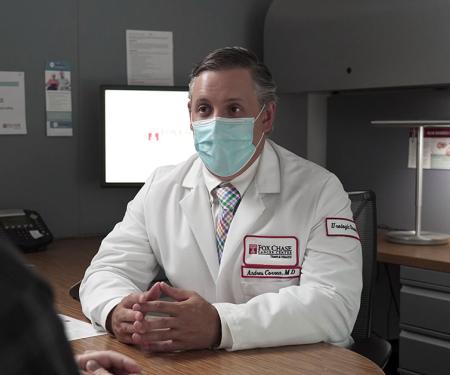

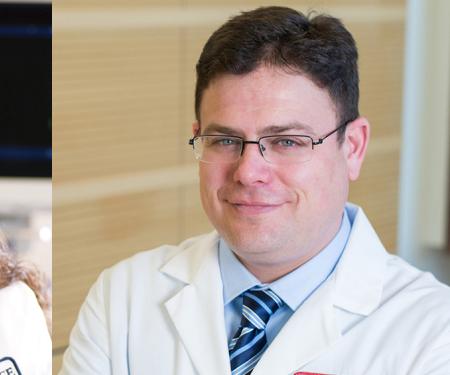
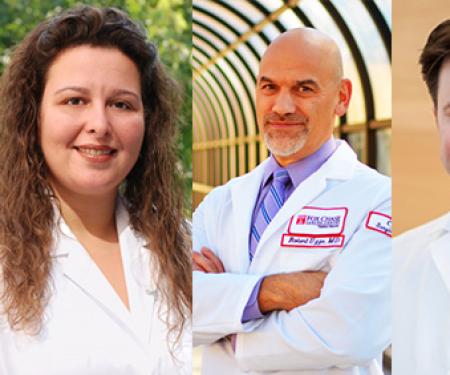
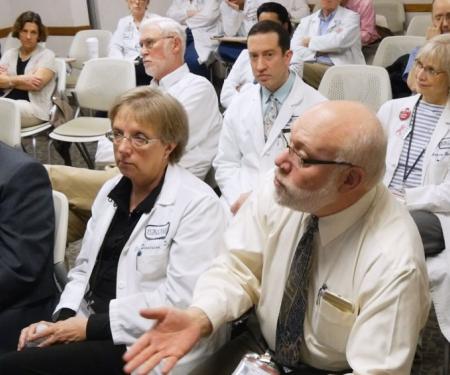

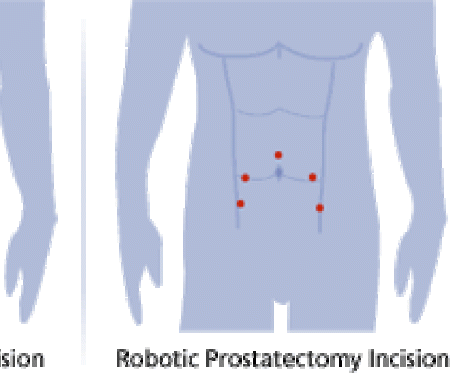
Patient comments
I feel that Dr. Viterbo gives me the best care I could ever ask for
Dr. Virterbo is very knowledgable about her area of speciality. She answers all questions. I trust her plan of action is in my best interest.
Very informative
As per all my other appointments and care at Fox Chase, I find Dr Viterbo and all other staff to be very efficient and caring. They are very dedicated to providing the best care possible.
Dr Viterbo was wonderful. Very reassuring.